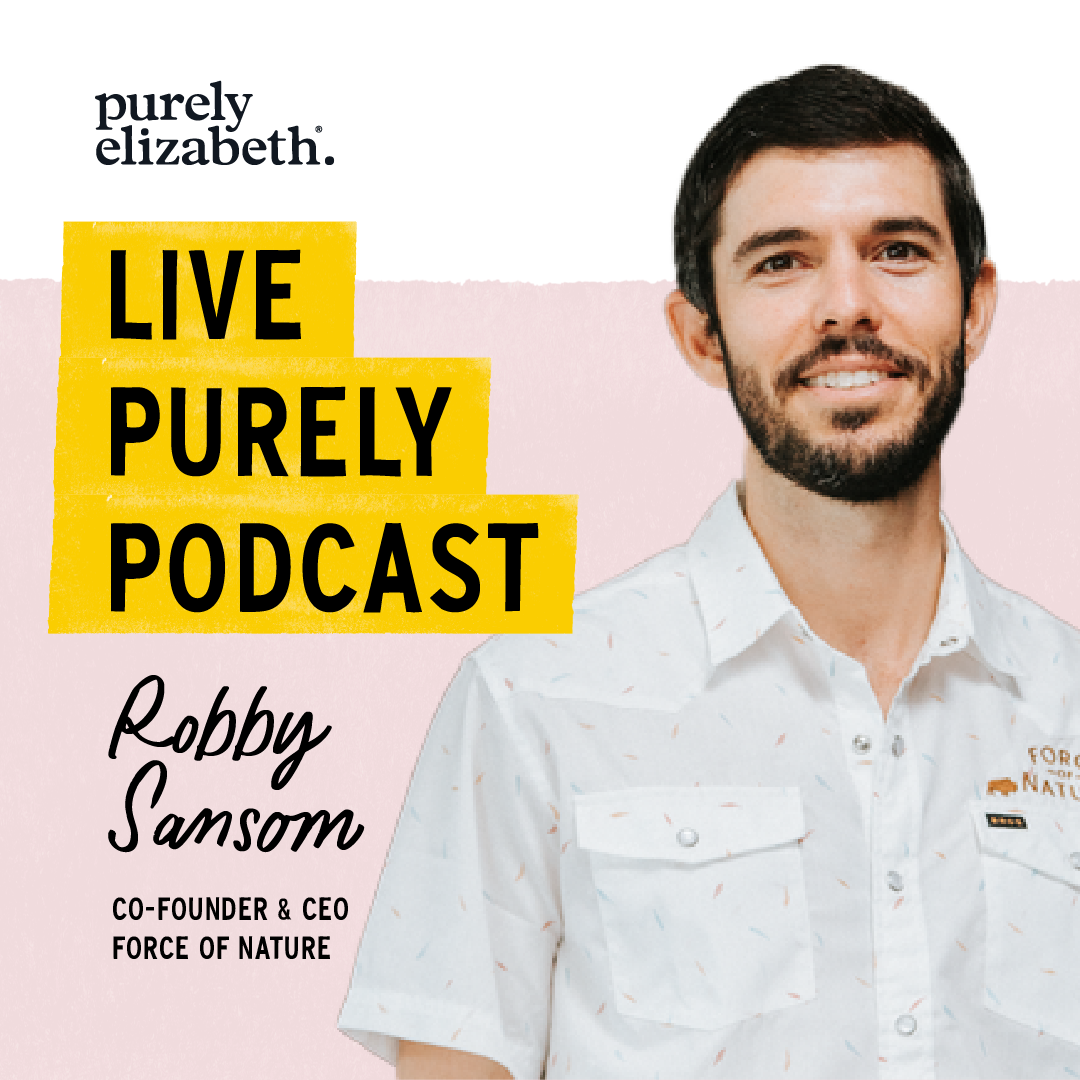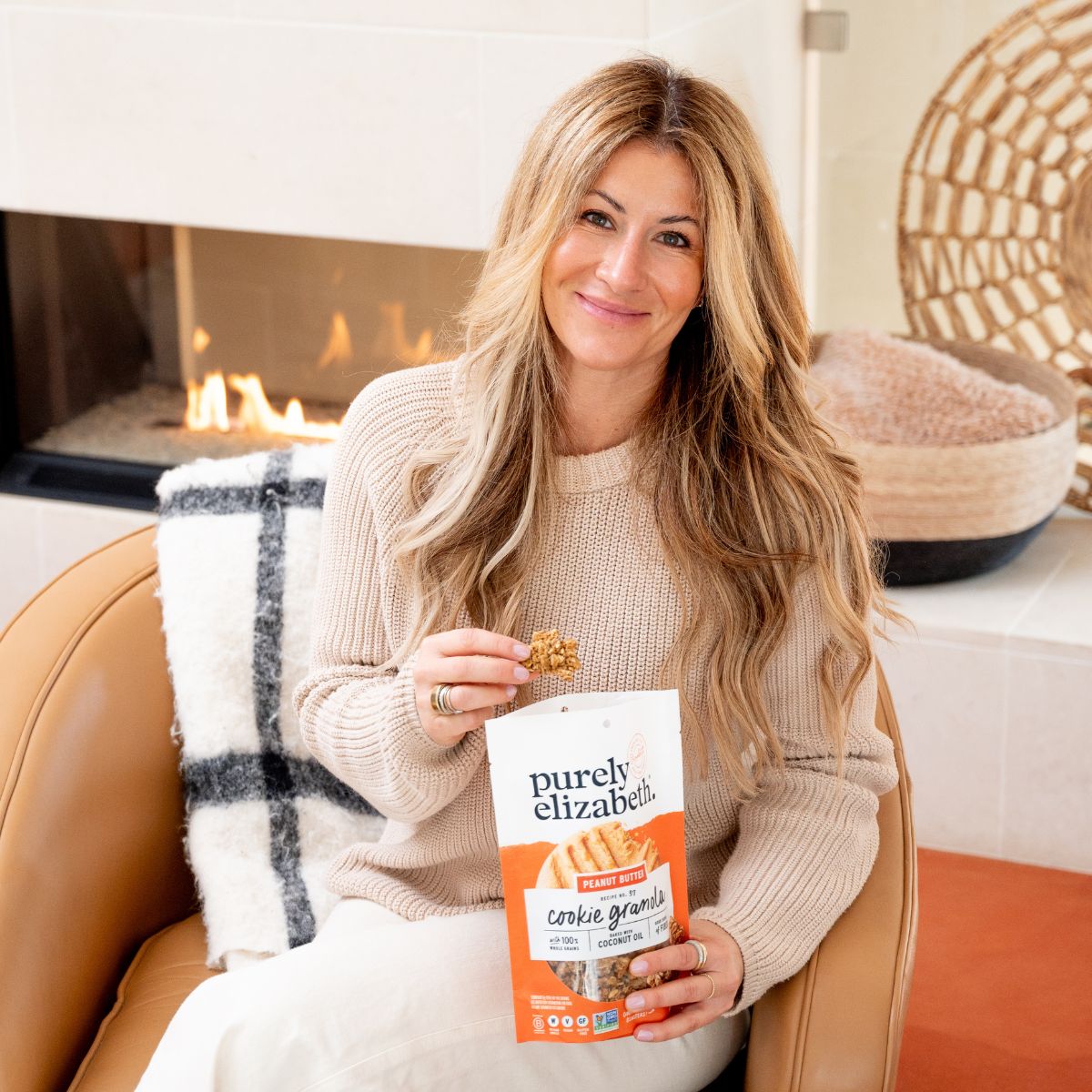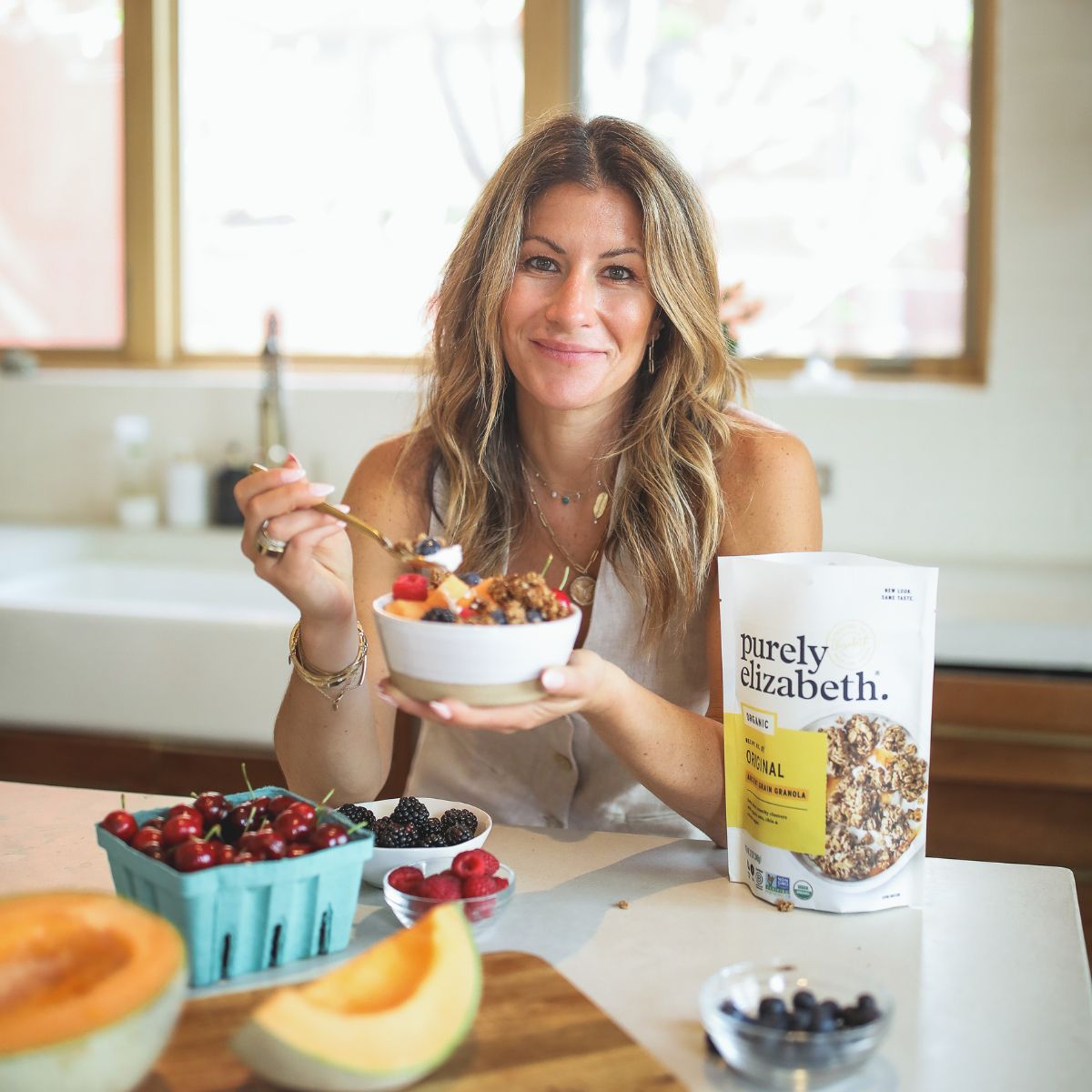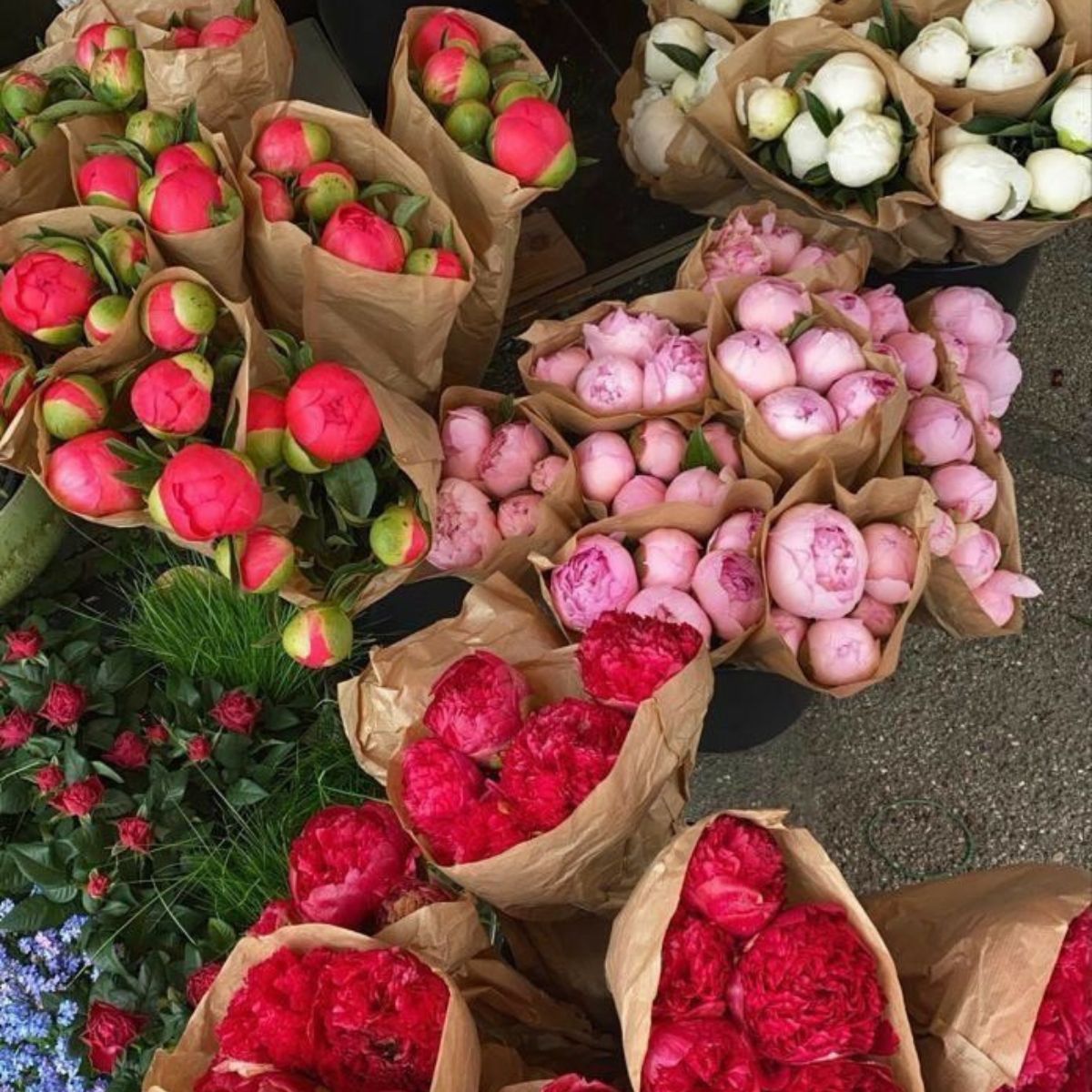Elizabeth is joined by Robby Sansom, Co-Founder and CEO at Force of Nature, a regeneratively sourced meat company based in Austin, Texas. Robby talks about his journey of building EPIC foods and selling to General Mills, which set the stage for Force of Nature. He highlights Force of Nature’s partnership with land stewards, ranchers, and farmers with the mission to create a positive return on the planet, the issues with our current food system, and the impact of the Food Bill. Robby discusses his food philosophy, the importance of diversity in our ecosystem, and why value matters when opting for a healthier choice of meat.
Podcast
Creating a Force of Nature on The Planet Through Regenerative Agriculture and Land Stewardship
with Robby Sansom

You may also like
Mix & Match










